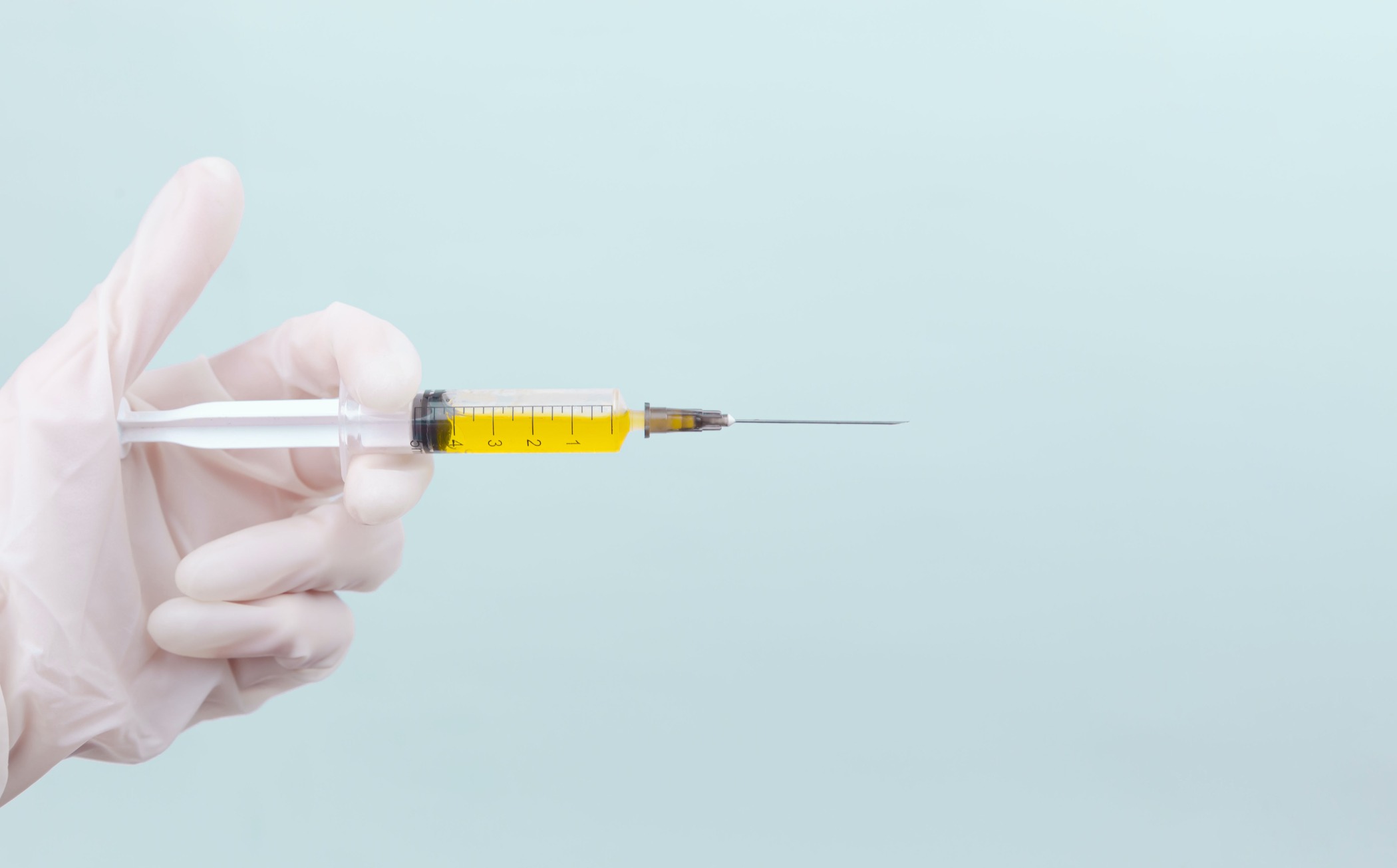
Last month, Ghana became the first country in the world to approve a highly effective malaria vaccine, an achievement 80 years in the making. Known as R21, it is the first for malaria – or indeed any parasitic disease – to exceed the World Health Organization’s 75 per cent efficacy target. Parasites are much more complex than viruses or bacteria, so this is a major breakthrough.
Preliminary results from final-stage trials have not yet been published, but Ghana has already cleared the vaccine for use in children aged 5-36 months – the group at highest risk of death from malaria. Nigeria followed suit shortly afterwards. The WHO is still reviewing the data to determine whether it will recommend the vaccine for widespread use.
Part of the challenge of targeting the malaria parasite is that it changes its structure throughout its lifecycle. R21 targets the parasite at a very early stage, before it has spread extensively throughout the body. This rapid response is helped along by an “adjuvant” (an ingredient that boosts the body’s immune response to vaccines) called Matrix-M, which comes from the Chilean soapbark tree.
Another major obstacle has been funding. Pharmaceuticals typically invest in vaccines expecting to recoup the costs by selling them to wealthy countries. But malaria mostly affects lower-income countries. R21 was developed by researchers at Oxford University’s Jenner Institute, which also developed the Oxford-AstraZeneca vaccine against Covid-19. Their work was supported by awards from the European Commission, UK Research and Innovation, the Wellcome Trust, the Bill and Melinda Gates Foundation and the Serum Institute of India, among others. According to Adrian Hill, director of the Jenner Institute, it is the first major vaccine to be approved by an African country before rich nations.
The new vaccine is no silver bullet. Doubts remain about the reported efficacy as trials continue, and about the practicalities of delivery, as it requires three initial doses and possibly boosters, which can be a challenge in rural areas. Funding for a widespread rollout also remains an issue.
However, R21 marks a major scientific advancement and brings significant hope in the fight against one of the world’s deadliest diseases. It comes on the back of two decades of impressive progress against malaria, mainly through the use of antimalarial drugs, insecticides and nets. The disease has already been eliminated in 15 countries since 2000. Global eradication once seemed impossible. Increasingly, it looks like a practical aim.
This piece is from the New Humanist summer 2023 edition. Subscribe here.

